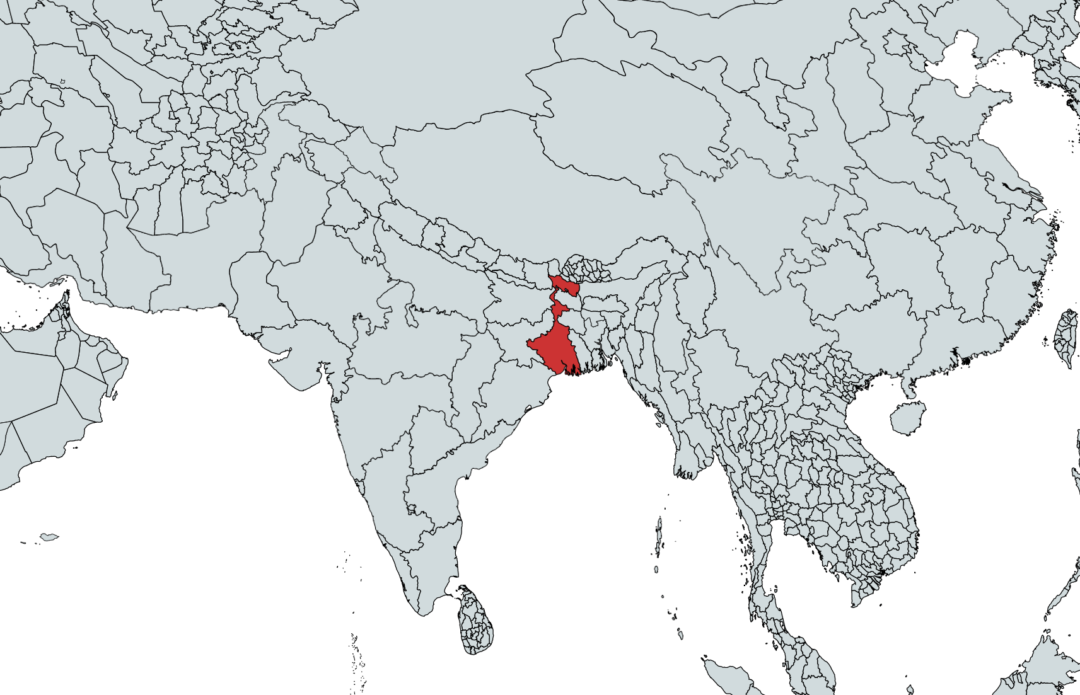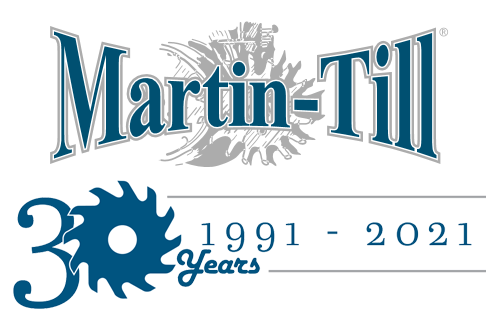Vijay Vardhan Vasireddy lives in Kolkata in the state of West Bengal and works with farmers and communities on natural resources management and the promotion of sustainable agricultural practices.
In the plains of Uttar Pradesh, Bihar and West Bengal, farmers mainly cultivate paddy rice and wheat. After rice harvest, these farmers traditionally uproot and burn the crop stubble, plow and seed wheat, often by broadcasting the seed.
Burning stubble and plowing the soil has led to a number of issues, including:
- Loss of soil moisture due to opening up the top crust of soil.
- Higher wheat production costs due to multiple land preparation, sowing and extra seed expenditures.
- Delays in sowing, leading to wheat missing the critical cold period that’s needed during the flowering and grain filling stages.
- Paddy rice stubble being burnt and adding carbon to the atmosphere.
Vardhan Vasireddy and his employer, ITC Ltd., identified no-till as a solution to all of the above issues. They promote no-till after paddy rice crop harvest by directly seeding wheat into these plots.
No-till expanded to 111,200 acres in 2 years. The company worked with eight grassroots groups in nine districts, trained 10,000 farmers through 400 farmer field schools and put out 12,000 demonstration plots. They offered the use of 170 no-till implements through Agri Business Centers and promoted locally available no-till implements.
No-till demonstrated a number of notable benefits for local farmers. Drilling wheat instead of broadcasting led to a 67% reduction in seeding rates. Farmers saved $27 per acre in the cost of field preparation and seeding costs, and cut back to two essential irrigations due to improved retention of surface moisture. The fields experienced improvement in organic carbon, soil texture and soil structure.
And when it came time to harvest, wheat yields improved 16-40% with no-till.
Related Content
No-Till Could Help Improve India’s Air Quality: A no-tiller in northern India argues that while farmers receive too much blame for air pollution, they can still contribute to the solution.
India’s Prime Minister Pushes for Zero Budget Natural Farming: Zero budget natural farming encourages growers to use low-cost inputs instead of chemical fertilizers and pesticides.
No-Till Revolution Plays Out on 1-Acre India Farm: No-tilling in the U.S. often involves thousands of acres and a lot of complex decisions about seed, equipment and inputs. But for Raju Titus, simplicity is what made his farm profitable.
The No-Till Passport series is brought to you by Martin Industries.
Since 1991, Martin Industries has designed, manufactured and sold leading agriculture equipment across the U.S. and Canada. Known for Martin-Till planter attachments, the company has expanded to include a five-step planting system, closing wheel systems, twisted drag chains, fertilizer openers and more in their lineup. Their durable and reliable planter attachments are making it possible for more and more farmers to plant into higher levels of residue.









Post a comment
Report Abusive Comment